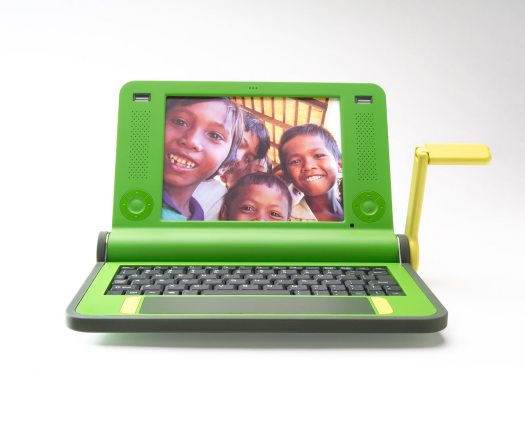Red Hat takes OLPC knowledge corporate

Red Hat appears to be taking its learnings from the One Laptop Per Child project and commercializing it.
Red Hat, which partnered with OLPC project in 2006 to design a user interface and operating system based on its Fedora kernel, announced the Red Hat Global Desktop, a new client that's expected to be lightweight enough for emerging markets and ultimately deployed in corporations.
In a statement, Red Hat played to two audiences--emerging markets and the enterprise. Another thread throughout Red Hat's announcement is collaboration with Intel--apparently a lot of it.
Regarding emerging markets, Red Hat said its Global Desktop will combine "a modern-user experience with an enterprise-class suite of productivity applications."
Red Hat collaborated closely with Intel to enable the design, support and distribution of Global Desktop to be as close as possible to the customer. In addition, Red Hat and Intel are taking advantage of Global Desktop's high performance and minimal hardware requirements to support a wide range of Intel's current and future desktop platforms, including the Classmate, Affordable, Community and Low-Cost PC lines.
What's interesting there is the segmentation involved. Clearly, both Intel and Red Hat are saying the one size fits all OS (Windows) doesn't fit anymore.

On the enterprise front, Red Hat is planning to let Global Desktop ride shotgun with Red Hat Enterprise Linux Desktop 5. With that March release Red Hat is touting better security and easier desktop management and deployments.
The Global Desktop is likely to be pitched to financial services, healthcare and government markets. It's unclear whether this Red Hat roadmap will threaten Ubuntu, which seems to be generating a lot of buzz.
Meanwhile Red Hat announced a partnership with IBM to put Red Hat Enterprise Linux on mainframes. Here's the Reuters story on that deal.